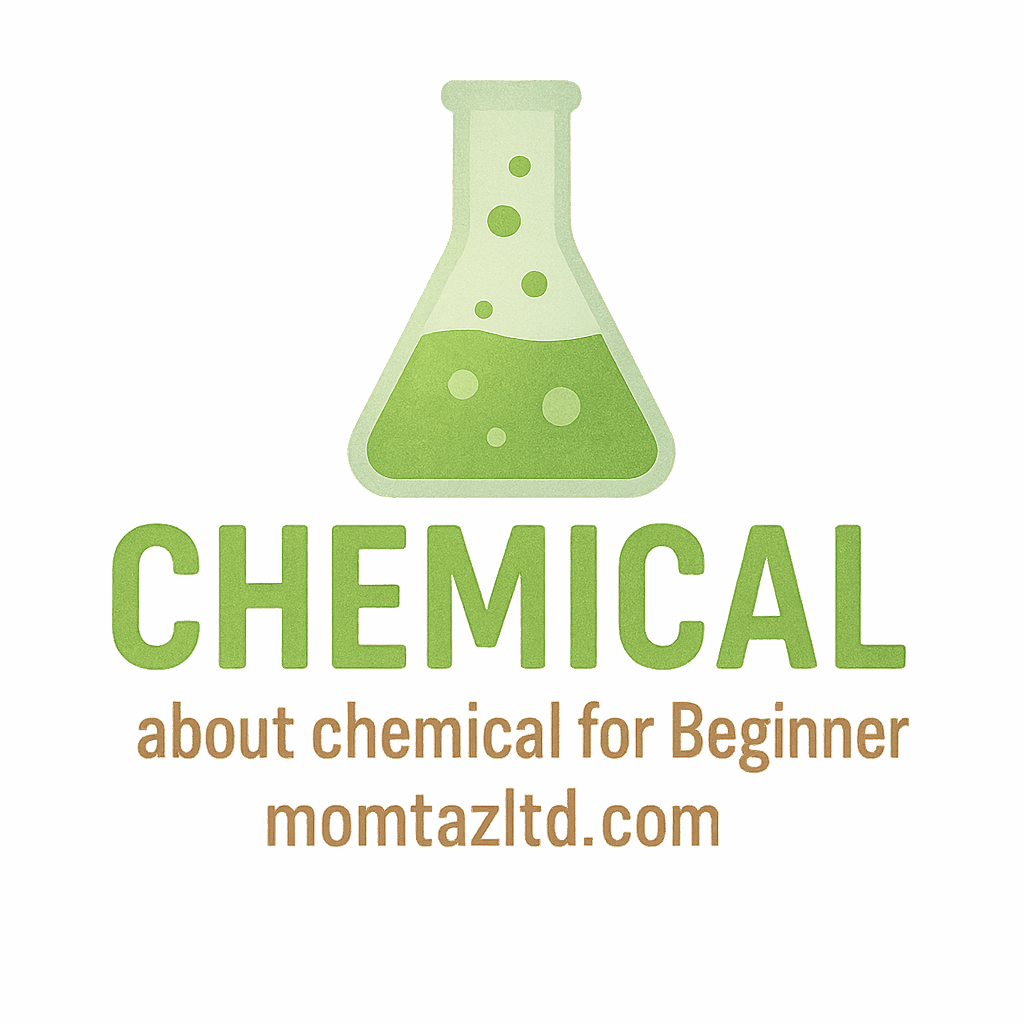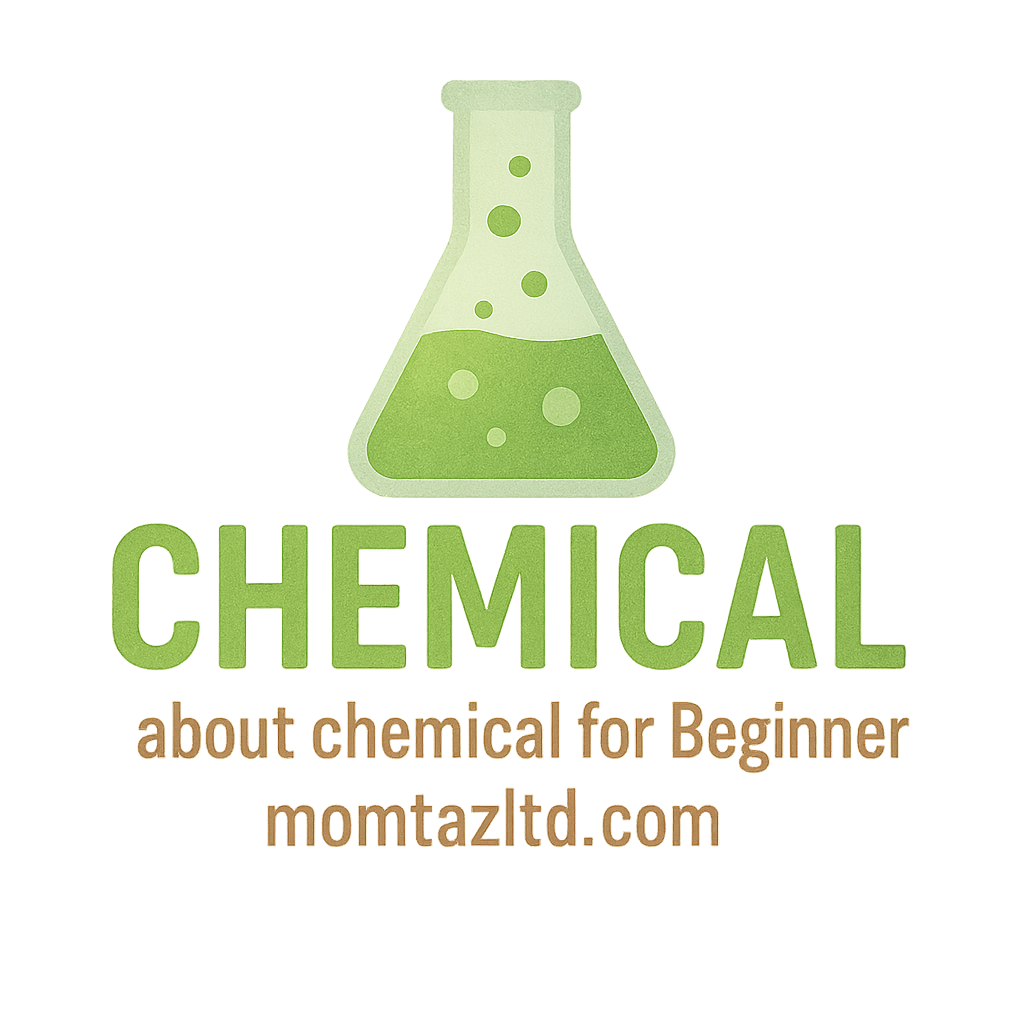Introduction: Why Chemical Careers Are in Demand
Are you a recent graduate with a degree in chemistry, chemical engineering, or a related field? If so, you’re in luck! The world of chemicals and materials is expanding rapidly, and there’s no shortage of high-demand job opportunities for talented individuals like you. Whether you’re interested in pharmaceuticals, environmental sustainability, or cutting-edge technological innovations, chemical careers can offer great growth, job security, and competitive salaries. In this article, we’ll dive into 7 high-demand chemical jobs you can start right after graduation.
For more insights into the fascinating world of chemistry, check out our Chemical Careers page.
1. Chemical Engineer
What Does a Chemical Engineer Do?
A chemical engineer focuses on transforming raw materials into valuable products like chemicals, fuel, food, and pharmaceuticals. These professionals design, implement, and optimize chemical processes that impact industries ranging from manufacturing to biotechnology. From working on sustainable energy solutions to creating medical innovations, chemical engineers make a significant difference in both industrial and consumer applications. For more on basic chemical processes, take a look at the Chemical Basics article.
Key Skills Required for Chemical Engineers
To succeed in this field, chemical engineers need a solid understanding of chemical reactions, thermodynamics, and process engineering. Strong analytical skills, attention to detail, and proficiency in programming languages like Python or MATLAB are also valuable.
Career Path and Salary Prospects
Chemical engineers enjoy excellent career prospects, with opportunities for advancement into managerial roles, project management, or even entrepreneurship. According to the Bureau of Labor Statistics (BLS), the median salary for chemical engineers in the U.S. is around $108,000 per year, and with experience, this number can climb higher.
2. Pharmaceutical Chemist
The Role of a Pharmaceutical Chemist
Pharmaceutical chemists focus on the development of new drugs and the improvement of existing medications. They work in laboratories, creating and testing formulations to ensure they are both safe and effective for patients. This role combines chemistry with healthcare, making it an ideal career for those interested in both science and medicine. If you’re looking to understand the basic principles of chemistry and how they apply to pharmaceuticals, check out our Beginner Chemistry guide.
Skills and Qualifications Needed
Pharmaceutical chemists typically need a solid understanding of organic chemistry, biochemistry, and pharmacology. A keen eye for detail, a methodical approach to problem-solving, and good communication skills are also essential for this role.
Future Outlook for Pharmaceutical Chemists
The demand for pharmaceutical chemists is expected to rise due to the constant need for new drug discoveries, particularly in the wake of global health challenges. As a result, this career offers promising job security and salary potential.
3. Environmental Chemist
What Does an Environmental Chemist Do?
Environmental chemists study the impact of chemicals on the environment, focusing on pollution control, waste management, and sustainable practices. These professionals work with government agencies, non-profit organizations, or private companies to monitor and reduce environmental damage caused by industrial processes. If you’re passionate about environmental conservation, explore more on Chemical Safety.
Essential Skills for Success in this Field
Strong knowledge of environmental science, chemistry, and regulations is vital. Environmental chemists must also have excellent problem-solving skills and a passion for environmental conservation.
Career Growth and Opportunities
As sustainability becomes an increasing priority globally, the demand for environmental chemists continues to rise. Jobs in this field are often available in both the public and private sectors, offering stability and growth potential.

4. Laboratory Technician
Overview of a Laboratory Technician’s Role
Laboratory technicians play a crucial role in conducting experiments and tests to support research and development across various industries. In the chemical sector, they assist in performing chemical analyses, maintaining lab equipment, and ensuring safety protocols are followed. Interested in lab experiments? Dive deeper into our Lab Experiments section.
Required Skills and Training
Laboratory technicians must have strong knowledge of laboratory procedures, chemical handling, and safety protocols. While a bachelor’s degree in chemistry or a related field is typically required, many employers also value hands-on experience in a laboratory setting.
Job Outlook and Salary Expectations
Laboratory technician jobs are in high demand, particularly in research and quality control sectors. While salaries for this role may vary, the average annual salary for a lab tech is approximately $50,000, with room for growth depending on the employer and level of expertise.
5. Process Safety Engineer
Responsibilities of a Process Safety Engineer
Process safety engineers focus on identifying and mitigating safety risks in industrial chemical processes. Their goal is to ensure that manufacturing operations are both efficient and safe, preventing accidents and protecting workers, communities, and the environment. Interested in learning more about chemical storage and safety protocols? Check out our Chemical Storage resource.
Key Skills and Certifications
Process safety engineers need expertise in process design, risk assessment, and safety protocols. Certifications such as the Certified Safety Professional (CSP) designation can enhance career prospects.
Career Opportunities and Salary Information
Due to the crucial nature of their work, process safety engineers are in high demand, especially in industries like oil and gas, chemicals, and pharmaceuticals. Salaries typically range from $75,000 to $100,000 annually, with higher earnings for those with more experience or advanced certifications.
6. Chemical Sales Representative
The Role of a Chemical Sales Rep
Chemical sales representatives work in the business-to-business sector, selling chemical products and solutions to various industries. They build relationships with clients, provide technical knowledge, and ensure that clients’ chemical needs are met with appropriate products and services. To explore how the chemical market works, check out our Household Chemicals and Industrial Chemicals pages.
Skills to Succeed in Chemical Sales
Success in chemical sales requires strong communication and negotiation skills, as well as a deep understanding of the products being sold. Sales reps also need to stay updated on industry trends and the latest innovations in chemical products.
The Growing Market for Chemical Sales Jobs
With increasing global demand for chemical products, the chemical sales industry continues to grow. Professionals in this field often earn a base salary with commission-based bonuses, making it an attractive option for those who enjoy working in sales.
7. Research Scientist in Chemical Engineering
What Does a Research Scientist Do?
A research scientist in chemical engineering works on solving complex problems in chemistry and materials science. Their work often involves developing new chemical processes, studying chemical reactions, and creating more efficient and sustainable technologies. To learn more about the chemical reaction process, check out our Chemical Reaction section.
Required Skills and Qualifications
Research scientists need advanced degrees, often a master’s or PhD, as well as expertise in scientific methods, experimental design, and data analysis. Curiosity and a passion for discovery are also key to succeeding in this field.
Long-Term Career Potential
As industries like renewable energy, pharmaceuticals, and materials science grow, research scientists in chemical engineering are in high demand. Their work often leads to groundbreaking discoveries, with opportunities to make a significant impact on technology and society.
Conclusion: A Bright Future in Chemical Careers
Whether you’re looking to work in pharmaceuticals, environmental sustainability, or industrial engineering, the chemical field offers a wide range of exciting career opportunities. The demand for skilled professionals continues to grow, and with the right skills and education, you can build a successful career in one of the many high-demand chemical jobs available today. For more information on chemical-related fields, visit our Chemical Careers page.
Frequently Asked Questions (FAQs)
1. What is the highest paying chemical job after graduation?
The highest paying job after graduation is typically a chemical engineer, with salaries reaching over $100,000 per year.
2. Do I need a master’s degree for chemical jobs?
While many chemical jobs require only a bachelor’s degree, positions like research scientists or specialized engineers may require a master’s degree or higher.
3. What are the best industries for chemical graduates?
The best industries for chemical graduates include pharmaceuticals, energy, environmental science, and manufacturing.
4. How can I get started in the chemical field without experience?
You can gain experience by internships, lab assistant roles, or entry-level positions, which can help you build hands-on skills and industry connections.
5. Is there a demand for chemical engineers?
Yes, there is a high demand for chemical engineers, especially in industries related to energy, manufacturing, and pharmaceuticals.
6. What skills are essential for a career in chemistry?
Essential skills include analytical thinking, problem-solving, strong communication, and a deep understanding of chemical processes and safety protocols.
7. Can I switch to a chemical career from a different field?
Yes, many professionals switch to chemical careers from fields like biology, physics, or even engineering, with additional education or certifications in chemistry.


